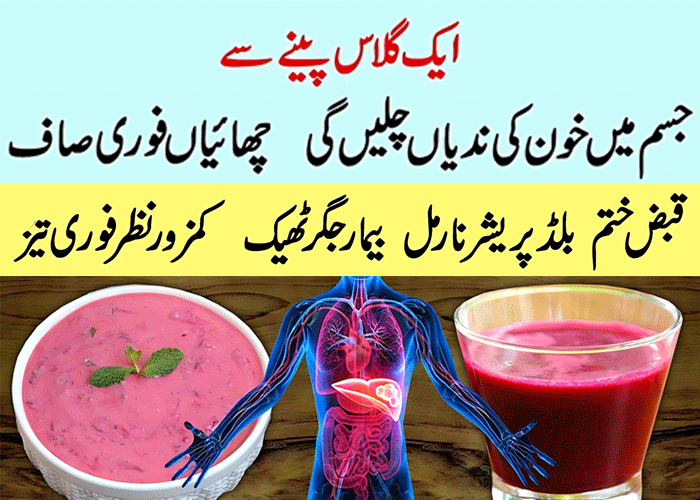Asthma is a chronic respiratory condition characterized by inflammation and narrowing of the airways, leading to difficulty in breathing. It affects people of all ages and can significantly impact daily life. Understanding the causes, symptoms, and treatment options for asthma is crucial for managing this condition effectively.
Introduction to Asthma
Asthma is one of the most common chronic diseases worldwide, affecting approximately 300 million people globally. It is a condition that causes inflammation and constriction of the airways, making it difficult for individuals to breathe properly. Asthma symptoms can range from mild to severe and may vary from person to person.
Causes of Asthma
The exact cause of asthma is not fully understood, but it is believed to be a combination of genetic and environmental factors. Individuals with a family history of asthma or allergies are more likely to develop the condition. Environmental triggers such as pollen, dust mites, pet dander, air pollution, and respiratory infections can also exacerbate asthma symptoms.
Symptoms of Asthma
Common symptoms of asthma include:
- Wheezing, a whistling sound when breathing
- Shortness of breath, especially during physical activity
- Chest tightness or pain
- Coughing, particularly at night or early in the morning
These symptoms can vary in severity and may worsen during asthma attacks or flare-ups.
Diagnosis of Asthma






Diagnosing asthma typically involves a thorough medical history, physical examination, and lung function tests. Your healthcare provider will ask about your symptoms, medical history, and any family history of asthma or allergies. A physical examination may also be conducted to assess your lung function and listen for wheezing or other abnormal sounds. Lung function tests, such as spirometry or peak flow measurement, may be performed to evaluate how well your lungs are functioning.
Traditional Treatment Options
Traditional treatment options for asthma focus on relieving symptoms and preventing future flare-ups. Commonly prescribed medications include:
- Inhalers: Bronchodilators, which relax the muscles around the airways to improve breathing, and corticosteroids, which reduce inflammation in the airways.
- Oral medications: Such as leukotriene modifiers or theophylline may be prescribed for individuals with persistent asthma.
- Allergy shots (immunotherapy): For individuals with allergic asthma, allergy shots can help desensitize the immune system to specific allergens, reducing asthma symptoms over time.
Home Remedies for Asthma
In addition to traditional medical treatments, several home remedies may help alleviate asthma symptoms and improve overall lung health. These include:
- Breathing exercises: Techniques such as pursed-lip breathing and diaphragmatic breathing can help improve lung function and reduce shortness of breath.
- Steam inhalation: Inhaling steam from a bowl of hot water or a steam inhaler can help open up the airways and relieve congestion.
- Herbal teas: Certain herbal teas, such as ginger tea or chamomile tea, may have anti-inflammatory properties that can help reduce asthma symptoms.
Lifestyle Changes for Asthma Management
Making lifestyle changes can also help manage asthma symptoms and reduce the frequency of flare-ups. These include:
- Avoiding triggers: Identify and avoid triggers that worsen your asthma symptoms, such as cigarette smoke, pollen, pet dander, or cold air.
- Maintaining a clean indoor environment: Regularly clean and vacuum your home to remove dust mites, mold, and other allergens that can trigger asthma symptoms.
- Regular exercise: Engage in regular physical activity to improve lung function and overall health. Choose activities that are less likely to trigger asthma symptoms, such as swimming or walking.
Dietary Strategies for Asthma
Certain dietary factors may influence asthma symptoms and lung health. Incorporating anti-inflammatory foods and nutrients into your diet, such as fruits, vegetables, omega-3 fatty acids, and vitamin D, may help reduce inflammation in the airways and improve asthma control.
Alternative Therapies for Asthma
In addition to conventional treatments, some individuals may find relief from asthma symptoms through alternative therapies such as:
- Acupuncture: This ancient Chinese practice involves inserting thin needles into specific points on the body to promote healing and alleviate symptoms.
- Homeopathy: Homeopathic remedies use highly diluted substances to stimulate the body’s natural healing processes and address underlying imbalances that contribute to asthma symptoms.
Managing Asthma Flare-Ups
Despite our best efforts, asthma flare-ups may still occur from time to time. It’s essential to have an asthma action plan in place to know what steps to take when symptoms worsen. This may include using a peak flow meter to monitor lung function, adjusting medication dosages as directed by your healthcare provider, and seeking medical attention if symptoms persist or worsen.
Preventive Measures for Asthma
Preventing asthma flare-ups involves taking proactive measures to reduce exposure to triggers and maintain optimal lung health. These may include:
- Getting vaccinated: Annual flu vaccines and pneumococcal vaccines can help prevent respiratory infections that can trigger asthma flare-ups.
- Monitoring air quality: Pay attention to air quality alerts and avoid outdoor activities during days when pollution levels are high. Use air purifiers indoors to remove allergens and pollutants from the air.
Support and Coping Strategies
Living with asthma can be challenging, but there are resources and support available to help individuals cope with the condition. Joining a






